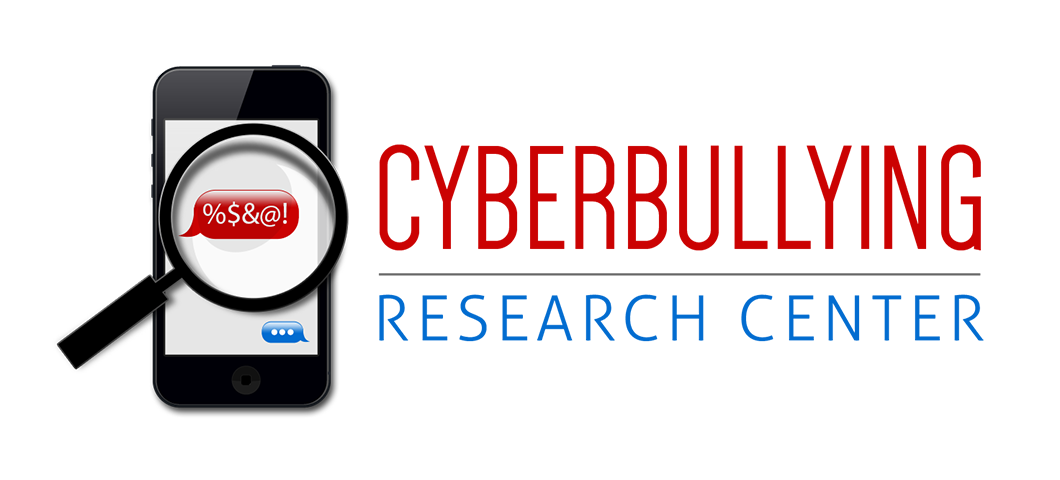
In April, Justin briefly blogged about this article from the Washington post entitled My Students. My Cellphone. My Ordeal. I’d like to follow up by saying that more educators are contacting us with questions on what to do in cases where students have cell phones with sexually-explicit pictures of other youth on them. While the administrator in the aforementioned article probably could have done a few things differently to prevent the nightmare he experienced, I still want to encourage school personnel to hand it over to law enforcement immediately after they confiscate the incriminating cell phone and before they unwisely decide to search its contents. While school administrators need a lesser standard of proof than law enforcement to perform searches at school, I believe that they should err on the side of caution and let sworn representatives of the law identify and work with sexually-explicit pictures or videos of youth. Thankfully, the administrator was not convicted on any count, and the entire case was thrown out on the basis of a misapplication of the charges brought by the prosecutor. The entire situation, however, was premised on a lack of information, understanding, and rationality on the part of the prosecuting team – which makes me concerned about future cases across our country. If we are going to possibly implement more regulation and respond with greater formal sanctions in new technology cases, we must make sure that those in the criminal justice system with the power to drastically alter the lives of others need to intelligently interpret the Constitution, case law, and *all* the facts of a situation without allowing zeal, emotion, and sensationalism color their actions.








Hi Sameer and Justin. 🙂
I agree with the guidance to contact law enforcement – because if an administrator does anything different, there could be legal consequences for the administrator.
but I remain exceptionally concerned about the potential overreaction of law enforcement. I was talking with the Eugene school district assistant superintendent today and he told me that the leadership from the 3 large districts in this county just had a meeting with the district attorney on this concern. They had a very good discussion. This also included staff from the juvenile justice center.
This approach is what I STRONGLY recommend. Sit down in advance with law enforcement and get everyone on the same page about how these issues are to be handled.
I totally agree with handing over the phone to law enforcement instead of administrators searching the phone themselves. However, teenagers participating in sexually themed activity is age appropriate behavior, however distasteful or misunderstood it is to all of us "elders". Also, teenagers are infamous for not having an understanding of their actions or the consequences for those actions. Prosecution can result in life long records that will affect every aspect of their life. Is this what we as a society really think is best? If this behavior is over zealously prosecuted ( in some instances, prosecution will be appropriate, but probably not many) many innocent lives will be ruined. Tread carefully and carry a big stick. Use the opportunity where the act is determined to be innocent, not a bullying or harassment issue,to educate and teach the children, not ruin their lives. In instances where it is determined that cyberbullying or harassment or worse is being carried out, then stricter sanctions and punishments will be needed. A blanket policy or zero tolerance is not going to work and the effects of such a policy will be devastating to the kids involved, all for behavior that is somewhat to be expected. The kids have the technology. They will use it to get their sexual kicks because they are operating with a teenage mind, not an adult mind. Let's not forget this very important distinction.
The key phrase in search & seizure at schools has always been "reasonable grounds." The precedent was set in the famous New Jersey vs. T.L.O. in 1985. In "My students. My Cell phone. My ordeal," the administrator had no "reasonable grounds." He simply picked out a student he thought might have such photos. He had no specific information that gave him the grounds to question the student or look in his cell phone.
The search and seizure of cyberbullying evidence can be a controversial topic and touchy situation for all involved. It is often schools and educators that may engage in a search and seizure effort if foul play is suspected. There are two kinds of searches that may occur, suspicion-based or suspicion-less (random). What educators must be cognizant of is that if evidence is indeed found, they should contact law enforcement immediately. Certain laws such as the fourth amendment of the constitution outlaw unreasonable searches and seizures. According to the court ruling of New Jersey v. T.L.O. (1985), searches in schools must be “reasonable in inception and reasonable in scope”. Therefore school administrators must be careful when conducting the search and seizure of student’s cell phones or other personal items. In 2008, a high school assistant principal in Virginia learned this the hard way. Instead of reporting to law enforcement sexting evidence that he confiscated during an in house investigation, he retained it and showed law enforcement after a second incident occurred. As a result, he was charged with “failure to report suspected child abuse”. He later went through a long ordeal to have the charges dropped, but only after ruining his career and reputation. This is a great example of the severity of cyberbullying among teens. Incidences such as those of sexting among teens should be reported to law enforcement as soon as possible. Otherwise, all involved can suffer drastic consequences.